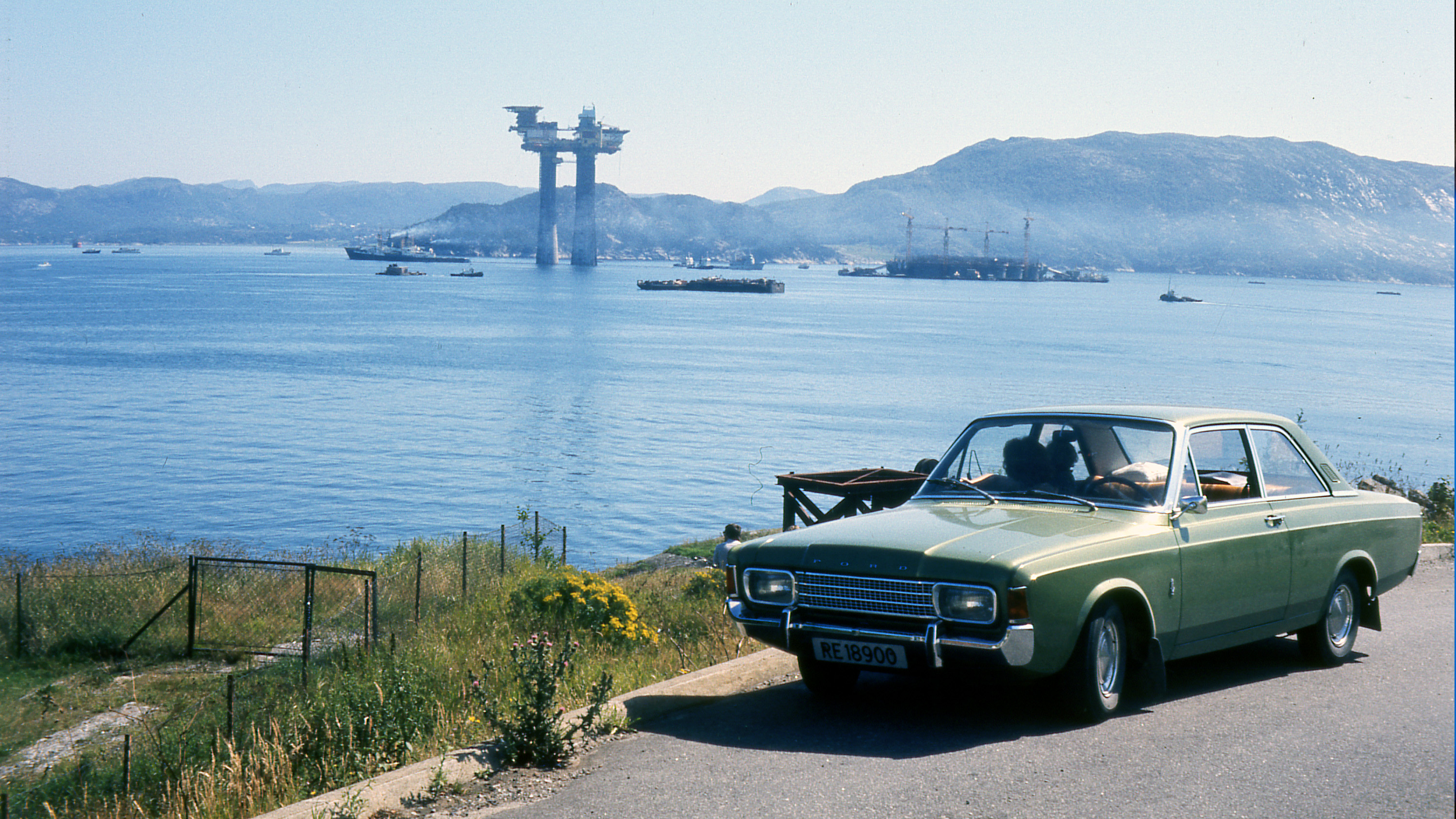50 years of safety
This issue of Dialogue celebrates the 50th anniversary with some stories from the decades which have passed since the oil prospectors arrived in the 1960s.
 Photo: Øivind Anda Pettersen/Norsk Oljemuseum
Photo: Øivind Anda Pettersen/Norsk Oljemuseum
When we look back, history is fixed. But it was not inevitable that things would turn out the way they did. They could have been different. The past never has only one possible outcome. The story of the past is written by the choices we humans make. Politicians, civil servants, company executives, employees, you and me.
Here are some of the stories from the the past decades:
50 years of safety
Do you recall?
Are you old enough to recall when the first oil people came to Norway in the 1960s? Remember the drilling rigs? The discovery of Ekofisk in 1969?
Do you recall the political discussions? The establishment of the NPD and Statoil in 1972?
Do you recall the tragedies? The accidents in the early years, the Bravo blowout in 1997, the Alexander L Kielland disaster in 1980? Do you remember those who died, the seriously injured?
Do you recall the triumphs? Constructing huge concrete and steel platforms? The celebrations when Gullfaks, Troll or Johan Sverdrup were discovered?
Do you recall the fights between employers and unions in the 1990s, the creation of the Safety Forum and the launch of the RNNP tool?
Do you recall Ormen Lange and the subsea records? Do you remember the oil price slumps, mergers and acquisitions? All the small and medium-sized companies which came – and went?
Do you recall the creation of the PSA in 2004? Do you remember that we acquired responsibility for petroleum plants on land? That we constantly developed regulations and were given wider responsibilities?
Do you recall that none of this simply happened?
Our choices
When we look back, history is fixed. But it was not inevitable that things would turn out the way they did. They could have been different. The past never has only one possible outcome.
The story of the past is written by the choices we humans make. Politicians, civil servants, company executives, employees, you and me.
History is not a chance matter for Norway’s oil sector, either. Admittedly, the presence of wealth beneath the NCS was a happy accident. But the rest was about our choices.
We chose to draw a clear distinction between politics, administration and commercial operations. We chose to make demands on the companies. We chose to make safety the top priority.
It was our choice to Norwegianise the NCS, introduce tripartite collaboration and gain employees the right to codetermination. We chose to learn from the accidents.
We chose to rely on each other and build trust.
Stories about the past
Knowing Norway’s oil history is important – not only to see where we’re coming from, but also to understand why our petroleum safety regime takes its present form.
Why is trust so central? Why are the regulations performance-based? Why must the companies think risk reduction as early as the design phase? Why is the allocation of responsibility key? Why do we demand continuous improvement?
Why have the Storting (parliament) and government repeatedly emphasised the ambition that Norway should lead the world for HSE?
And why is it exactly that the PSA has been given supervisory responsibility for such new areas as offshore wind power, carbon management and seabed minerals?
Valuable experience
In 2022, it is 50 years since the Storting voted to establish the NPD and gave it responsibility for safety and resource management on the NCS. Eighteen years ago, it was split in two, with safety transferred to a new authority – the PSA.
This issue of Dialogue celebrates the 50th anniversary with some stories from the decades which have passed since the oil prospectors arrived in the 1960s.
Norway’s oil history is also the story of how the Norwegian safety regime came to be – of regulations and accidents, supervision and successes, of the Norwegian model, and of trust and responsibility.
The NPD, and later the PSA, have played a key role in shaping the regime which underpins today’s level of safety. The model is robust but, if it is to survive, must be respected by all.
Right now, the oil and gas sector is in full flood, with a number of new developments on the way. At the same time, we are seeing the start of a green shift, with the oil companies working to reduce greenhouse gas emission, investing in renewable energy and investigating new priority areas.
Knowledge of history, experience and lessons learnt provides an important basis for today’s safety work – and for the choices we face both in further development of the petroleum sector and in moving into fresh fields.